
In this article, we invite you to travel back in time to Athens of the 19th century, a city of stark contrasts and rapid development.
Through a rare collection of amazing photographs, we’ll explore the old neighborhoods, the Parthenon, and the many other iconic landmarks that have defined Athens for generations.
In 1832, Otto, Prince of Bavaria, was proclaimed King of Greece. He adopted the Greek spelling of his name, King Othon, as well as Greek national dress, and made it one of his first tasks as king to conduct a detailed archaeological and topographical survey of Athens, his new capital.
He assigned Gustav Eduard Schaubert and Stamatios Kleanthis to complete this task. At that time, Athens had a population of only 4,000 to 5,000 people in a scattering of houses at the foot of the Acropolis, located in what today covers the district of Plaka.
Athens was chosen as the Greek capital for historical and sentimental reasons. There are few buildings dating from the period of the Byzantine Empire or the 18th century. Once the capital was established, a modern city plan was laid out and public buildings were erected.
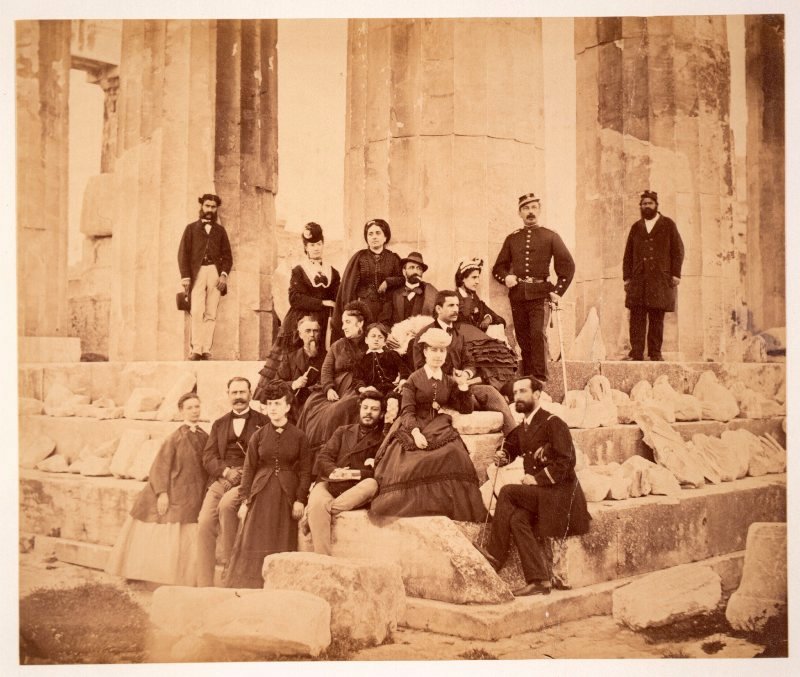
Tourists on Parthenon, Athens, Greece, circa 1860
The finest legacy of this period are the buildings of the University of Athens (1837), the National Gardens of Athens (1840), the National Library of Greece (1842), the Old Royal Palace (now the Greek Parliament Building; 1843).
Others include the Old Parliament Building (1858), the City Hall (1874), the Zappeion Exhibition Hall (1878), the Greek National Academy (1885), and the New Royal Palace (now the Presidential Palace; 1897). In 1896 the city hosted the 1896 Summer Olympics.
Athens experienced its second period of explosive growth following the disastrous Greco-Turkish War in 1921, when more than a million Greek refugees from Asia Minor were resettled in Greece, after the Asia Minor Catastrophe in 1922.
Suburbs such as Nea Ionia and Nea Smyrni began as refugee settlements on the Athens outskirts and the population of the city doubled.
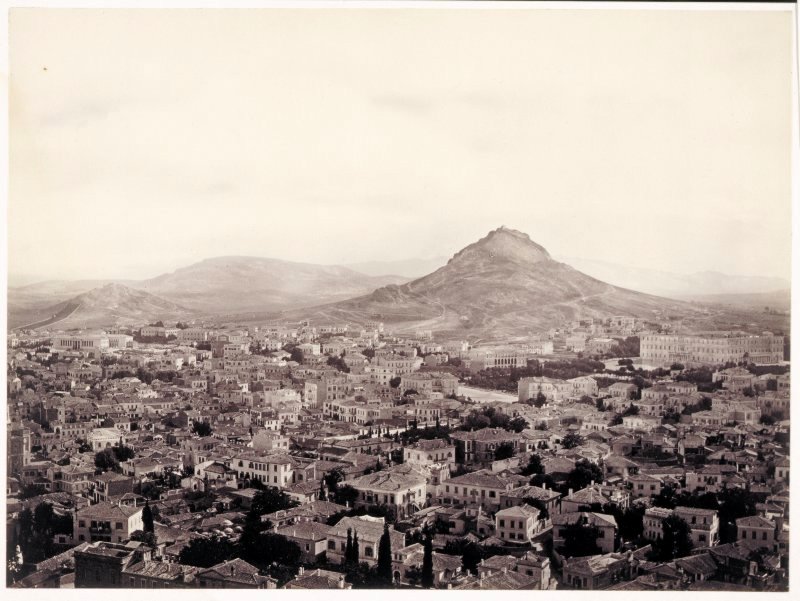
Athens from Acropolis, Greece, circa 1860
Life for regular people in Athens in the late 19th century was challenging and often difficult, as the city was grappling with rapid modernization and social change.
The majority of the population at this time were working-class people who lived in crowded neighborhoods with limited access to basic services and amenities.
Housing was a major issue for many Athenians, with most people living in cramped apartments or houses with few amenities.
These homes were often poorly ventilated and lacked running water and electricity, making daily life a struggle. Many people had to share homes with extended family members or boarders in order to make ends meet.
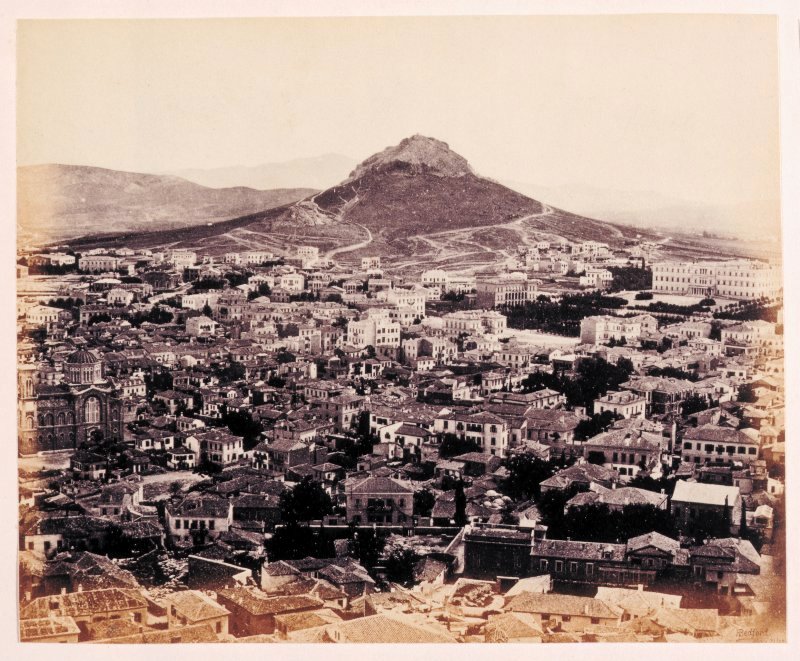
Athens from Acropolis, Greece, circa 1860
Work was also a major challenge for many Athenians in the late 19th century. The city’s economy was still largely based on traditional crafts and agriculture, with few opportunities for skilled or specialized work.
Many people worked in low-paying jobs, such as manual labor or domestic service, and often had to work long hours just to make ends meet.
Despite these challenges, Athenians in the late 19th century found ways to create community and find joy in their daily lives.
Family and social connections were highly valued, and people often gathered in public spaces like cafes and tavernas to socialize and relax after work. Music and dance were also popular forms of entertainment, and many Athenians enjoyed attending concerts and performances.
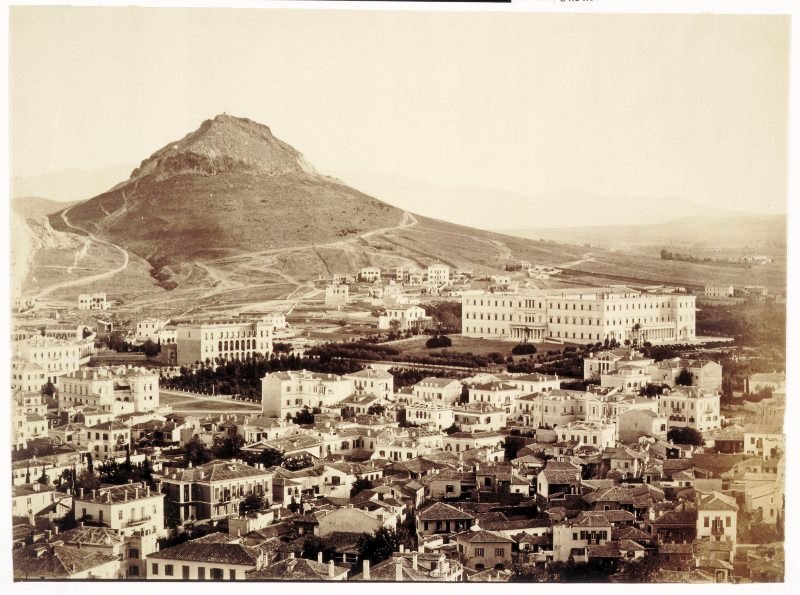
Athens from Acropolis, Greece, circa 1860
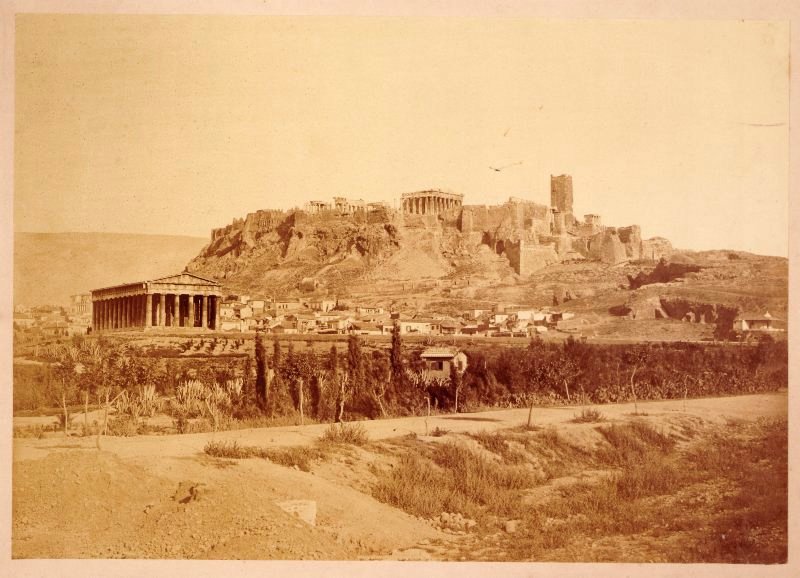
Hephaisteion, Acropolis, Greece, circa 1860
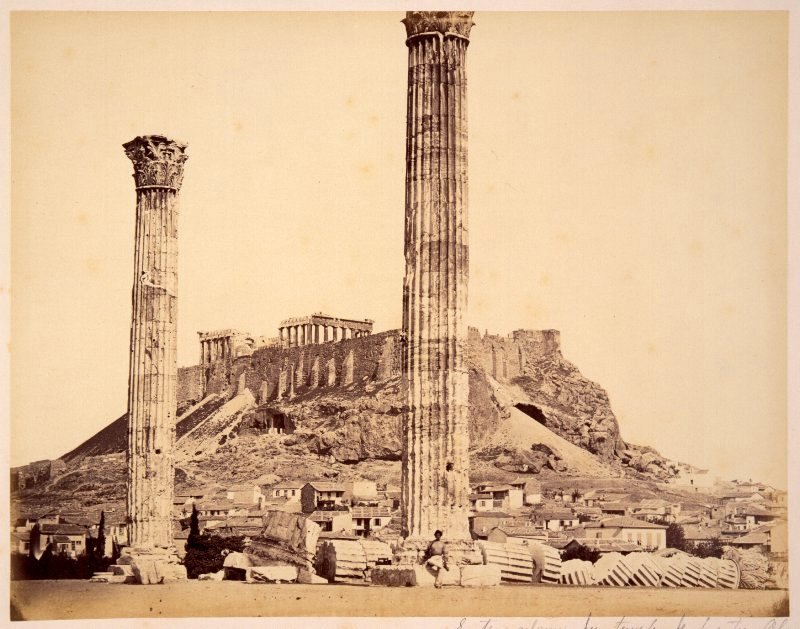
Zeus temple, Athens, Greece, circa 1860
The Acropolis is an ancient citadel located on a rocky outcrop above the city of Athens. The site has a long and rich history, dating back to the 5th century BCE when the Athenian leader Pericles oversaw the construction of the Parthenon, one of the most iconic buildings of ancient Greece.
The Acropolis served as the religious and political center of Athens for many centuries, with numerous temples and other structures built atop the hill.
Over the years, the Acropolis has undergone many transformations and changes. In the 2nd century CE, the Roman Emperor Hadrian oversaw a major renovation of the site, adding several new buildings and structures.
The Acropolis was also fortified during the Middle Ages, when it served as a fortress and military stronghold.
Today, the Acropolis is a UNESCO World Heritage Site and one of the most popular tourist destinations in Greece.
Visitors can explore the ruins of the Parthenon, the Temple of Athena Nike, and other ancient structures, while enjoying stunning views of the city below.
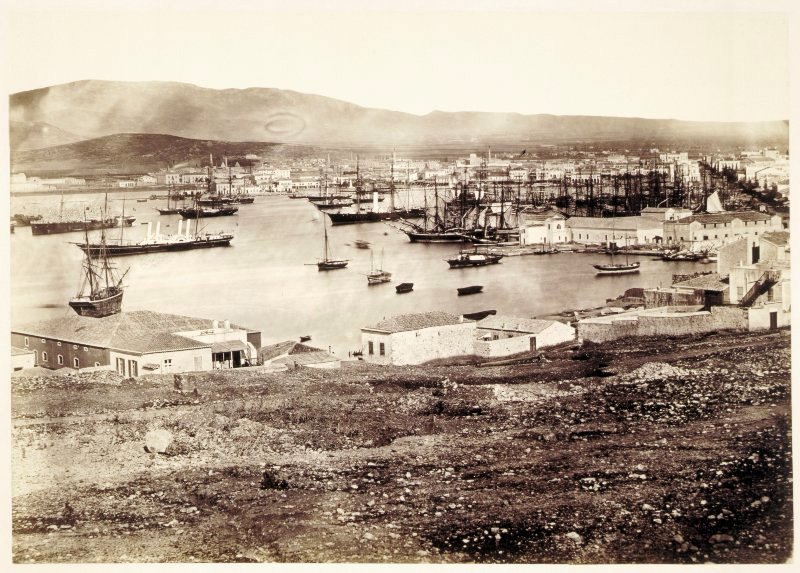
Piraeus, Greece, 1860
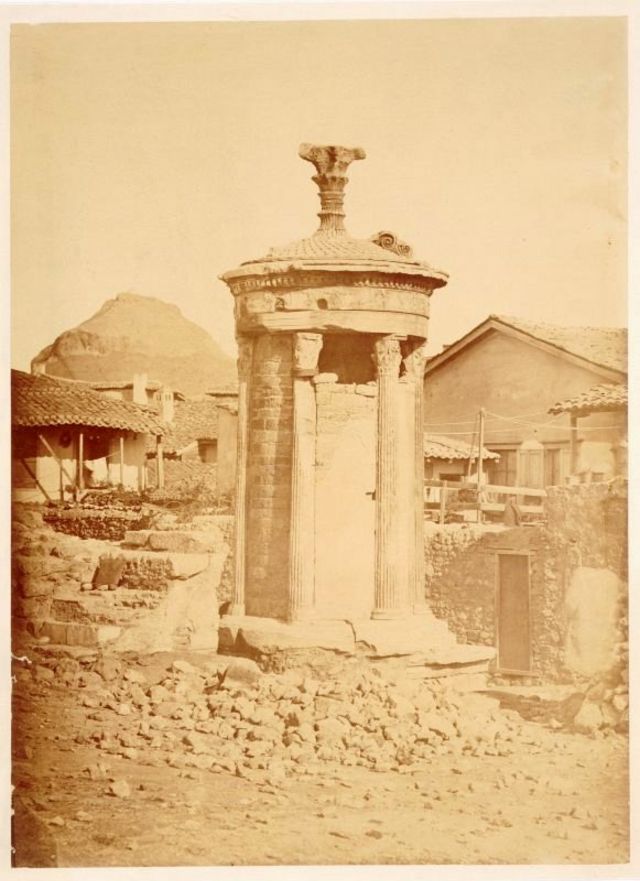
The Choragic Monument of Lysicrates, Athens, Greece, 1860
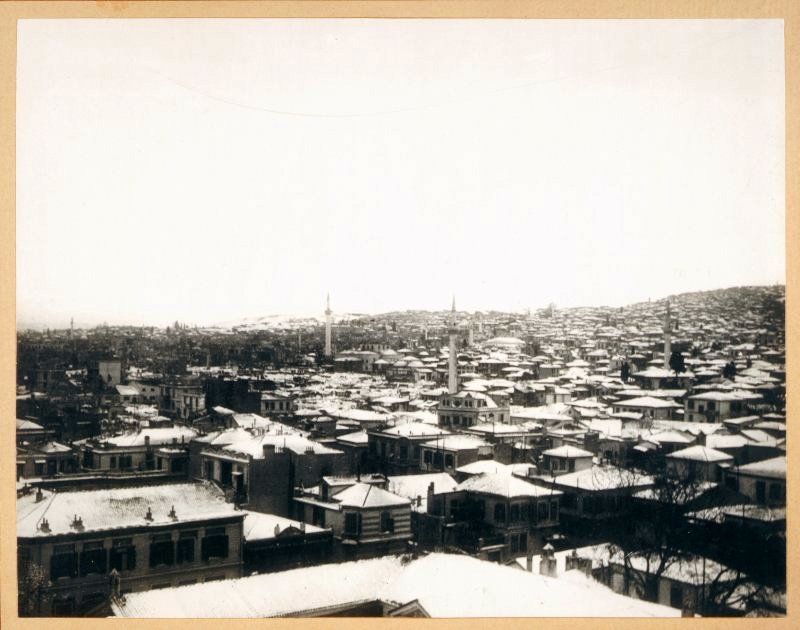
Thessaloniki snow, Greece, circa 1860
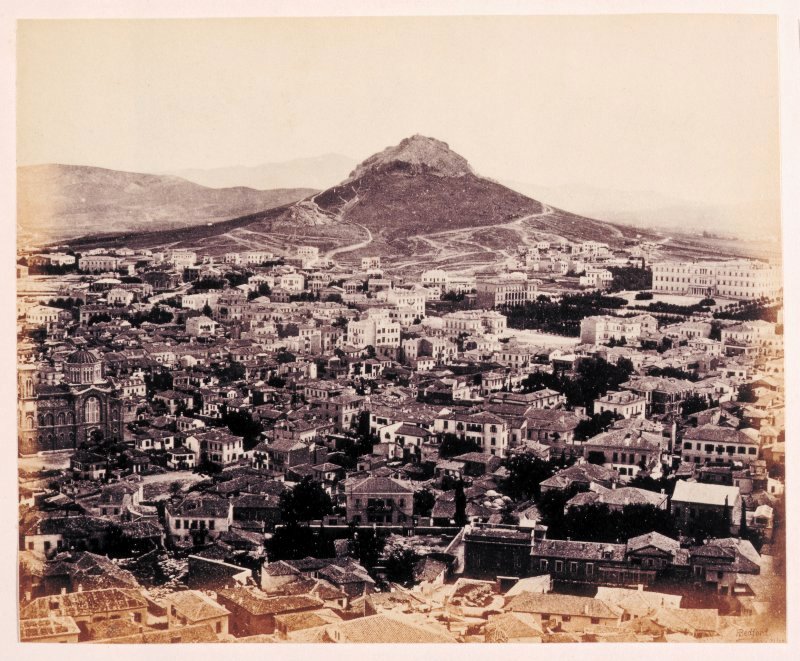
Athens from Acropolis, Greece, 1862
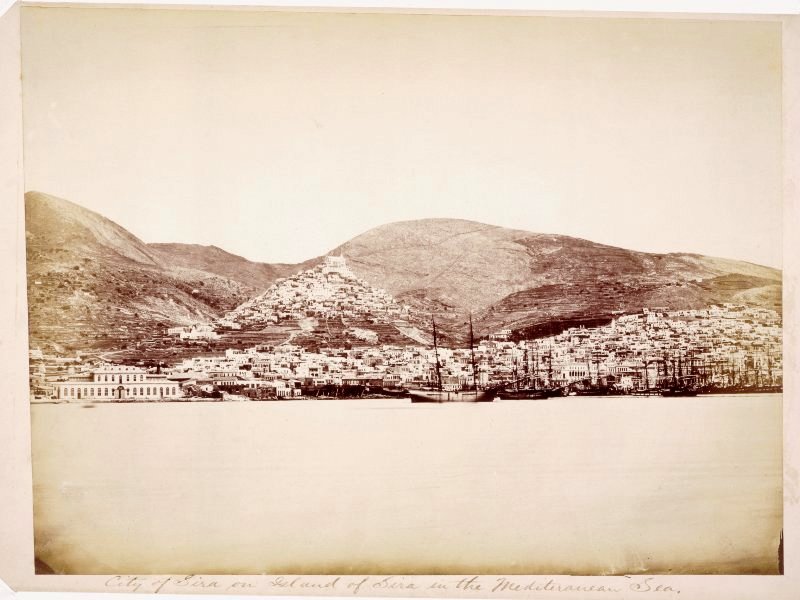
Ermoupoli, Greece, 1865
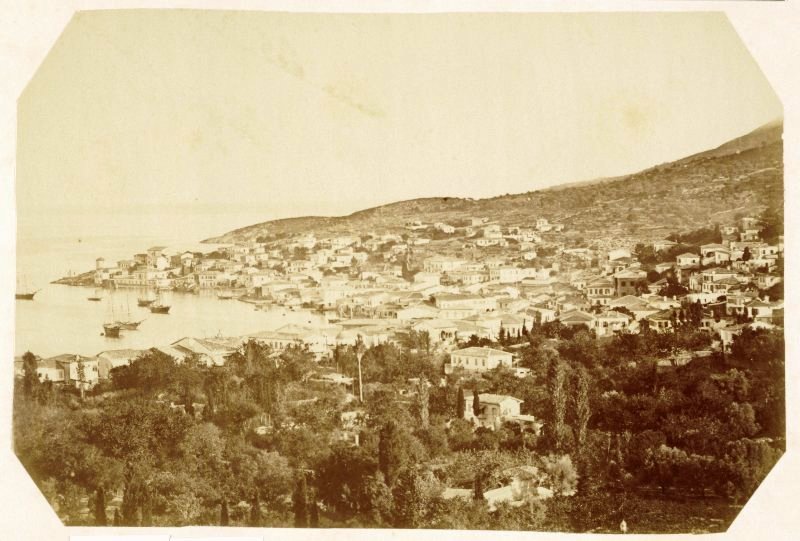
Samos port, Greece, 1865
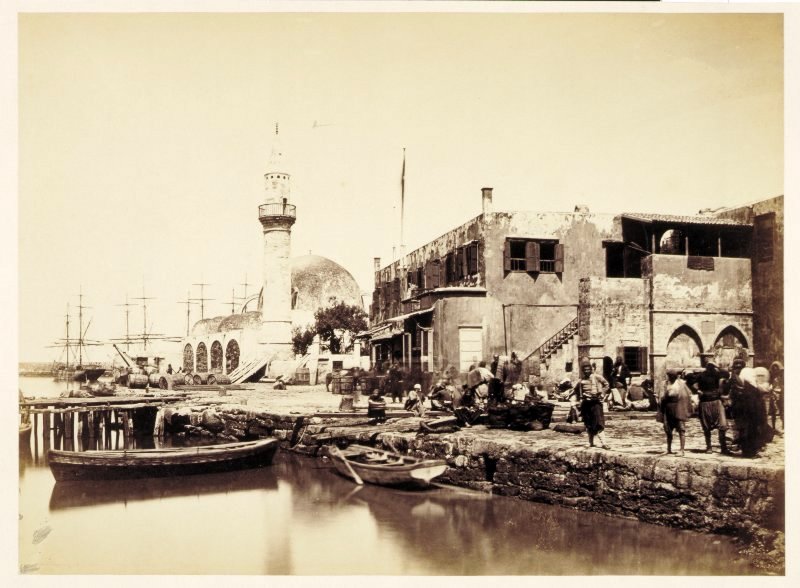
Chania port, Greece, 1868
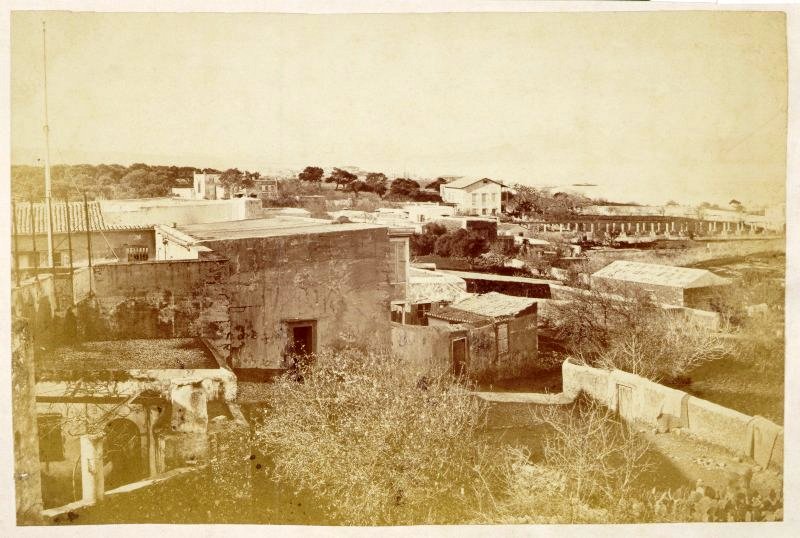
Kapela, Crete, Greece, 1868
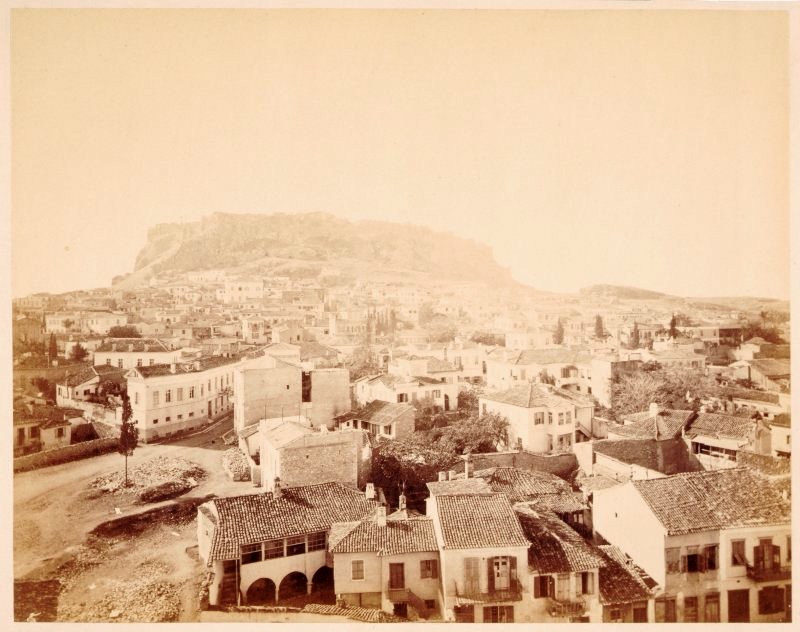
Plaka from Acropolis, Greece, 1868
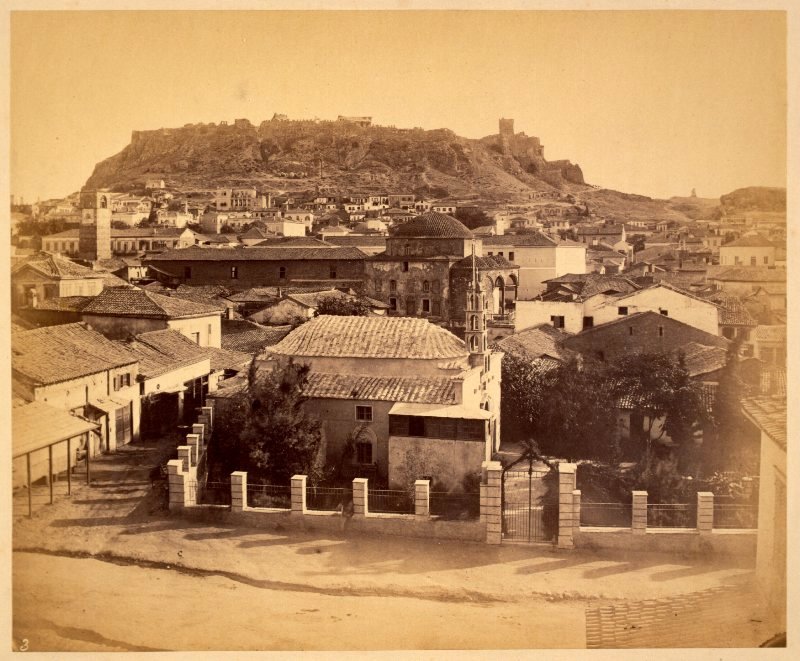
Monastiraki, Athens, Greece, 1869
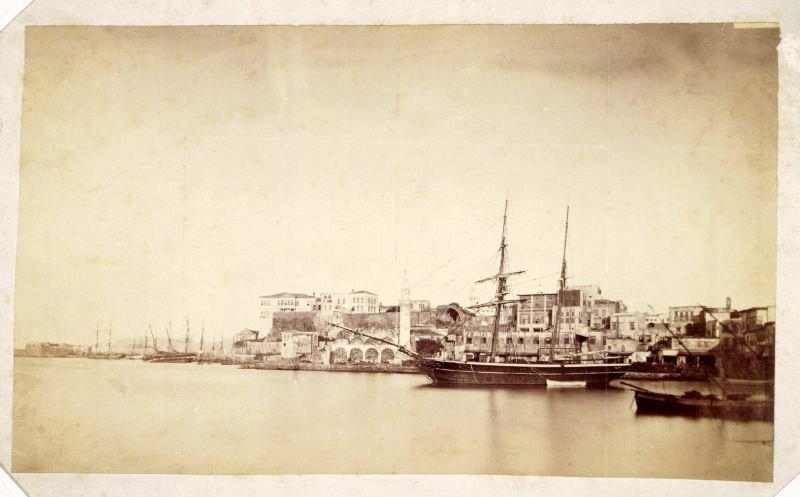
Crete Port, Chania, Greece, 1870
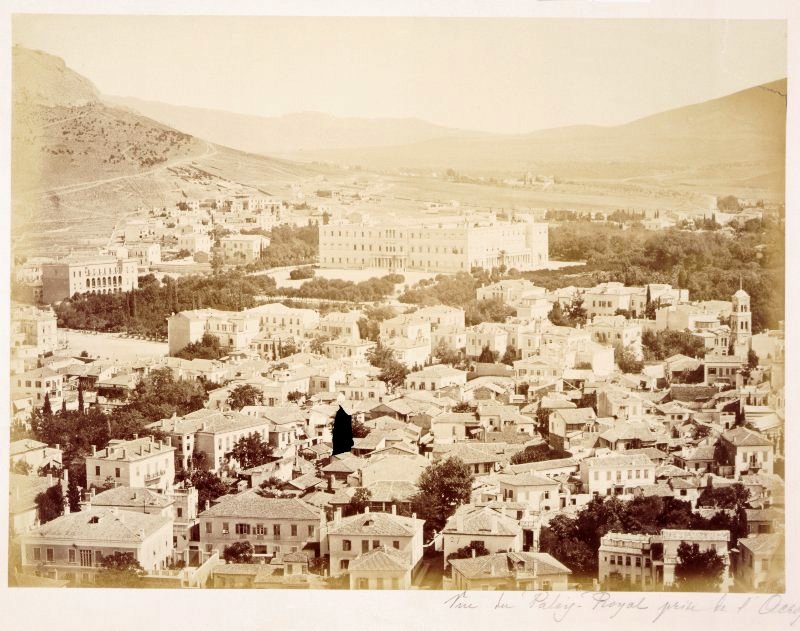
Royal Palace from Acropolis, Greece, circa 1870-90
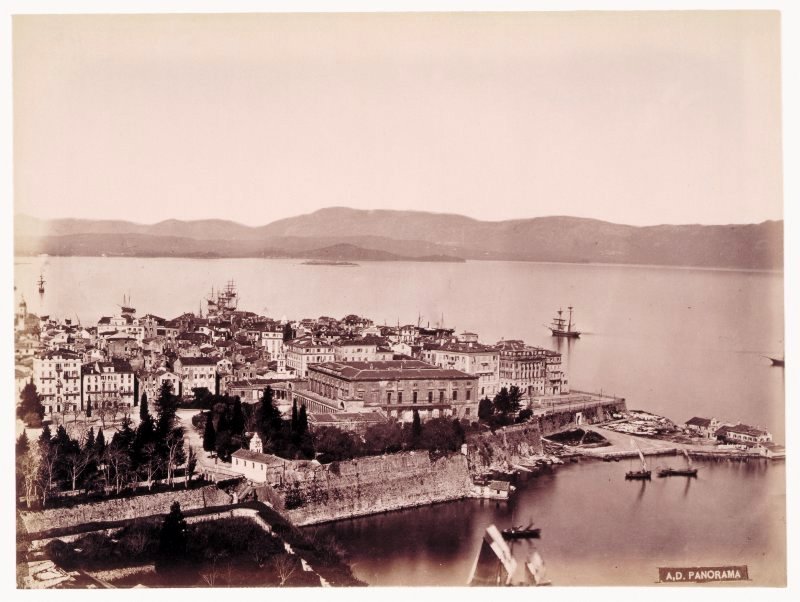
Corfu, Greece, 1875
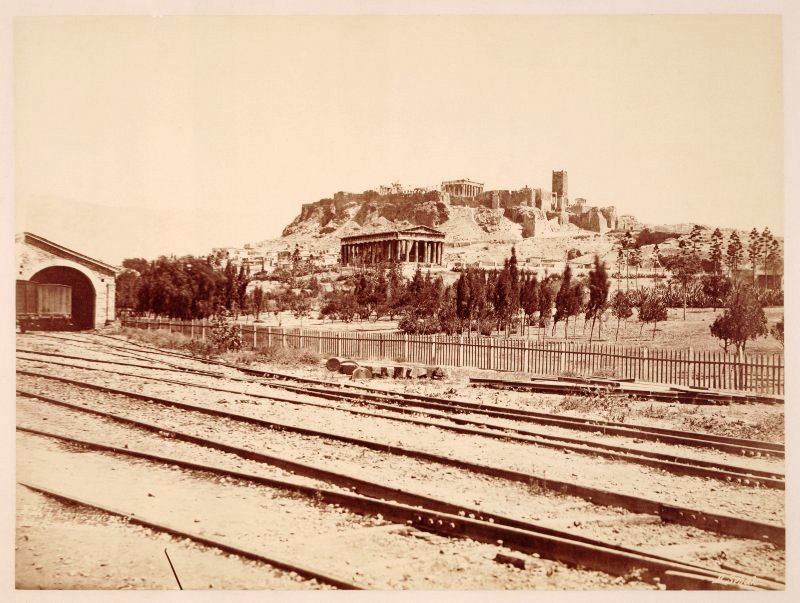
Railroad with Acropolis, Greece, 1875
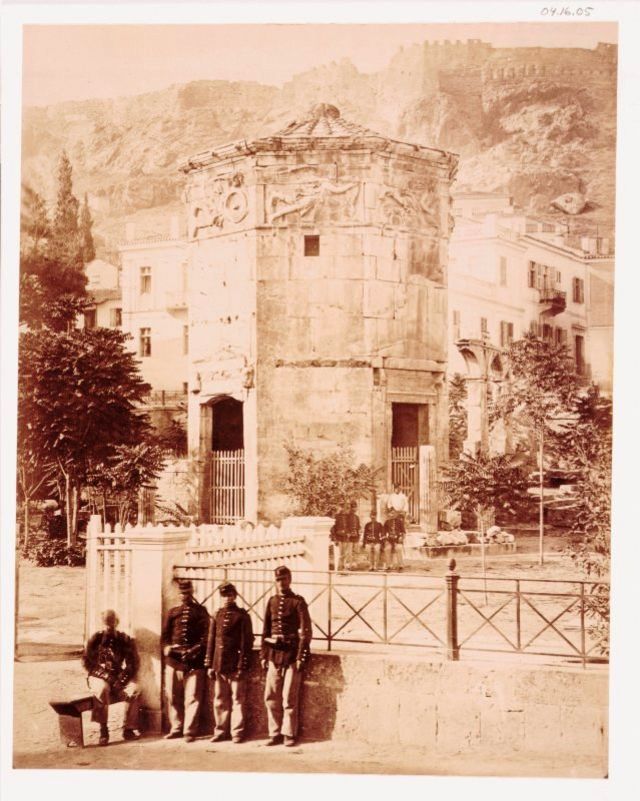
The Tower of the Winds, Athens, Greece, 1875
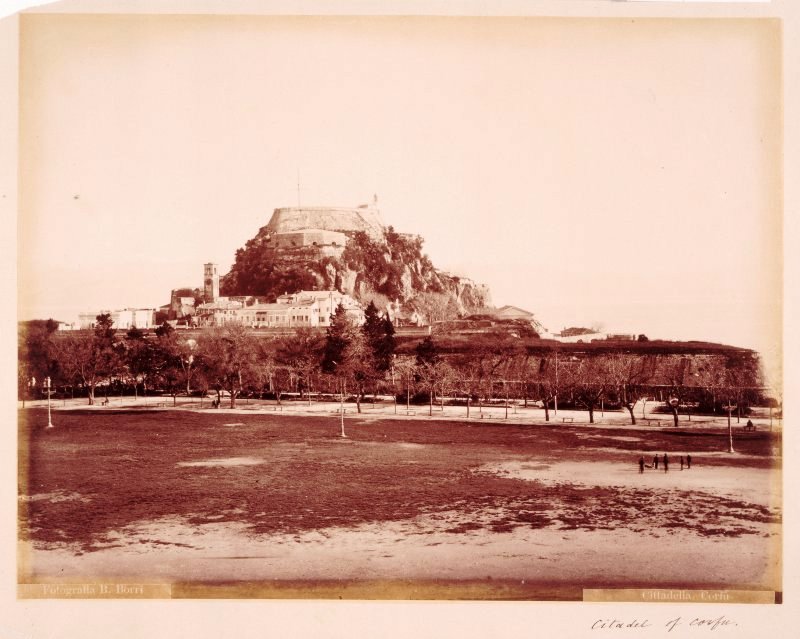
Citadel, Corfu, Greece, circa 1880
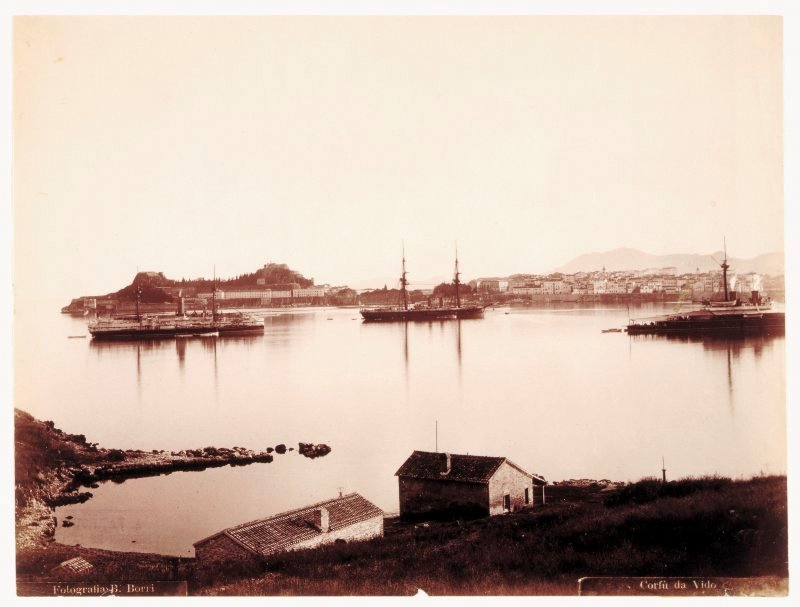
Corfu port, Greece, circa 1880
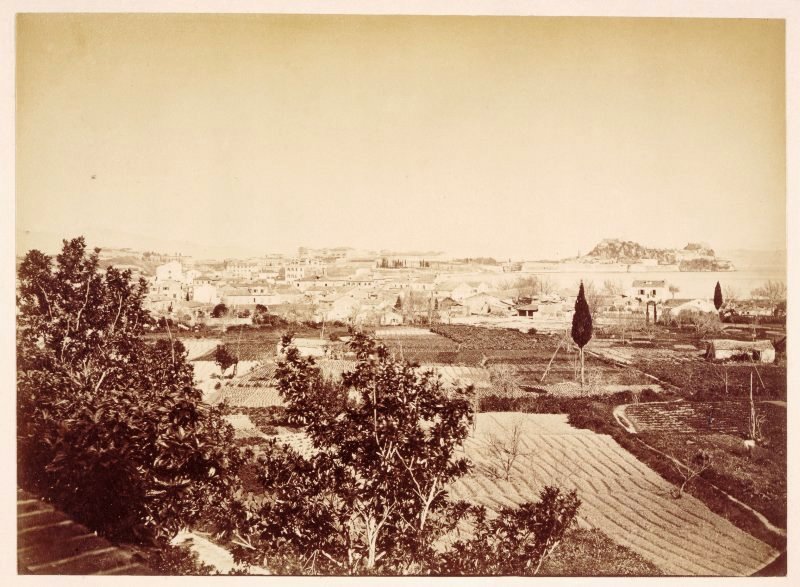
Corfu, Greece, circa 1880
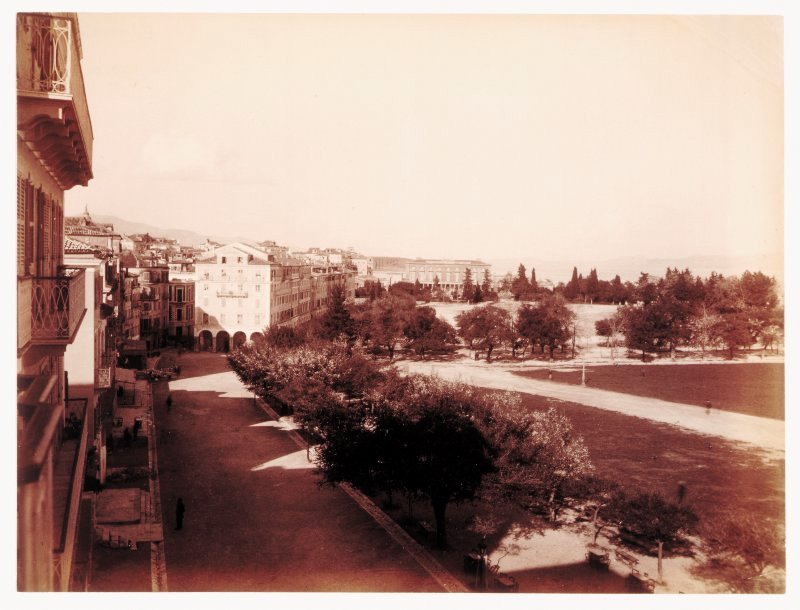
Corfu, Greece, circa 1880
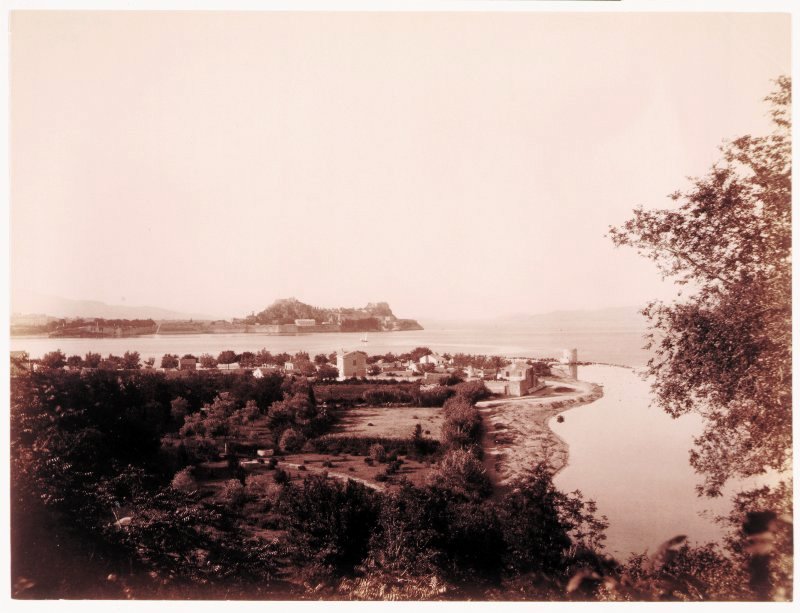
Corfu, Greece, circa 1880
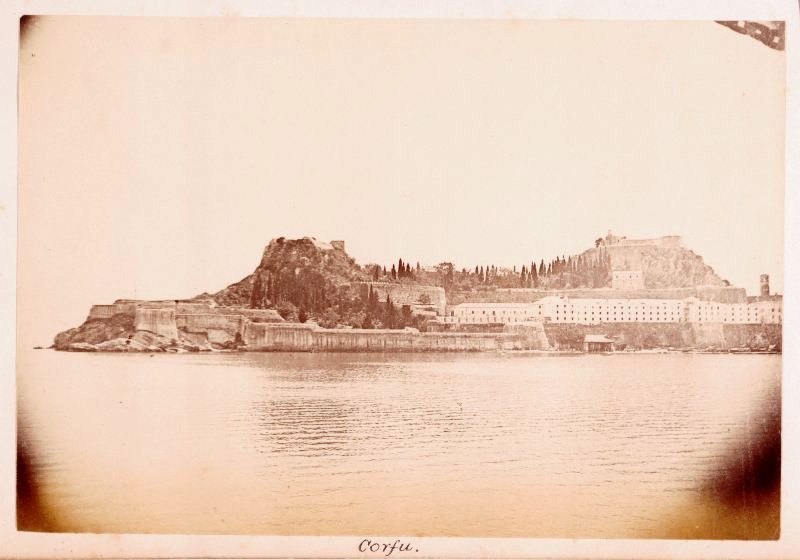
Corfu, Greece, circa 1880
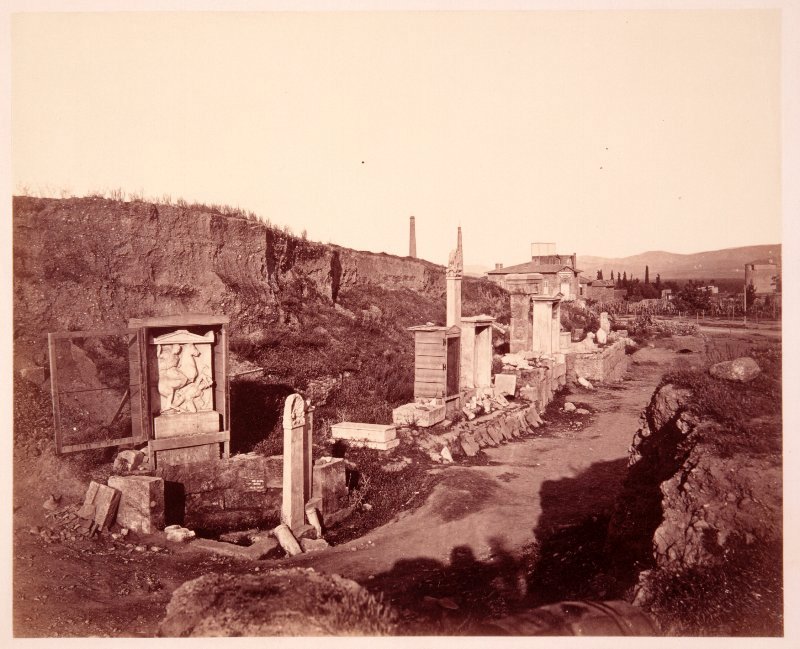
Kerameikos, Athens, Greece, 1882
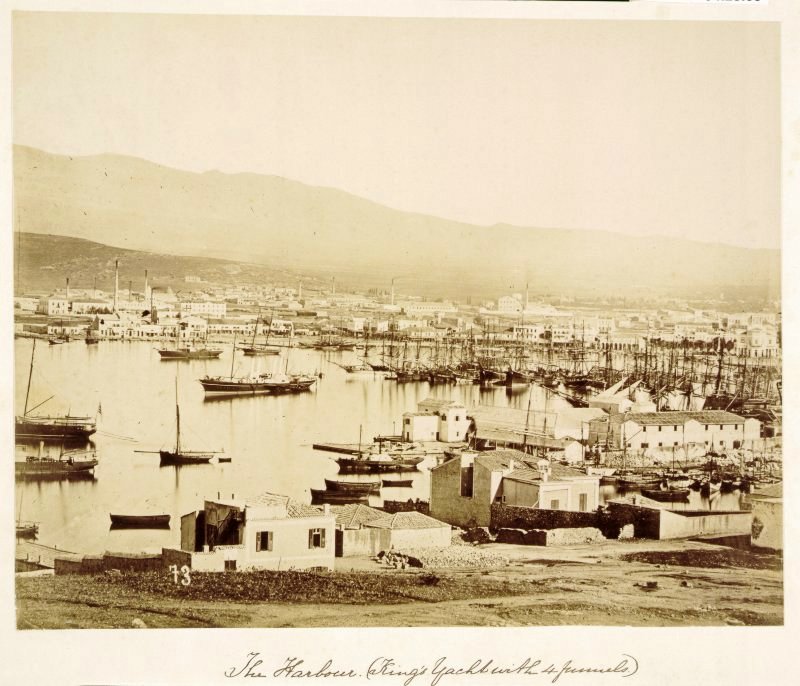
Piraeus, Greece, 1889
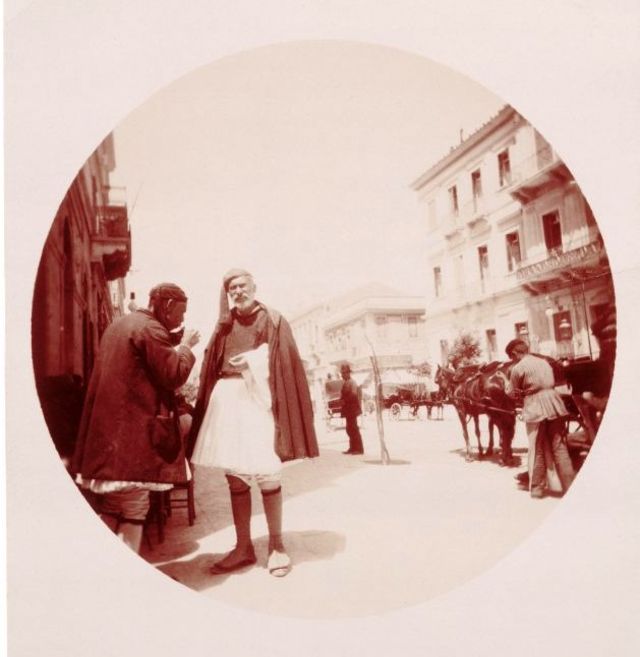
Athens street scenes, Greece, 1890
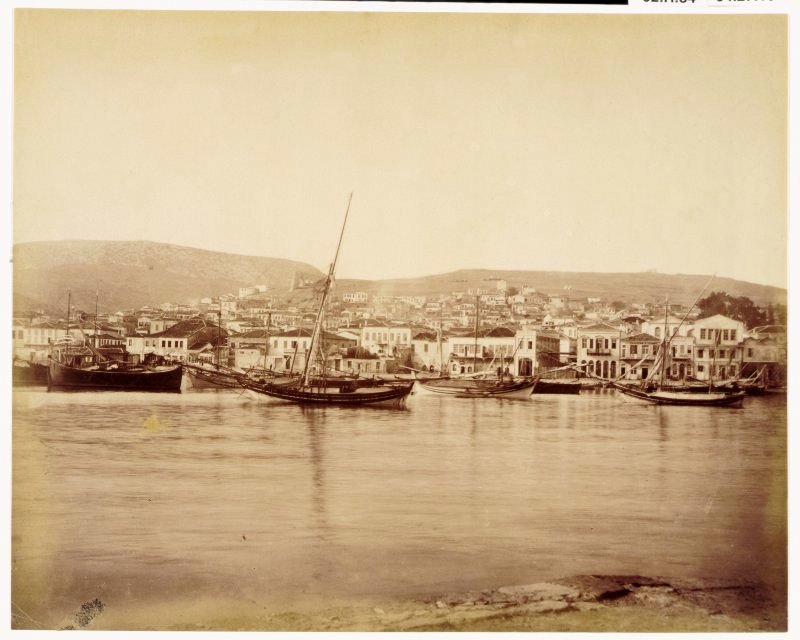
Mytilene port, Lesbos, Greece, 1890
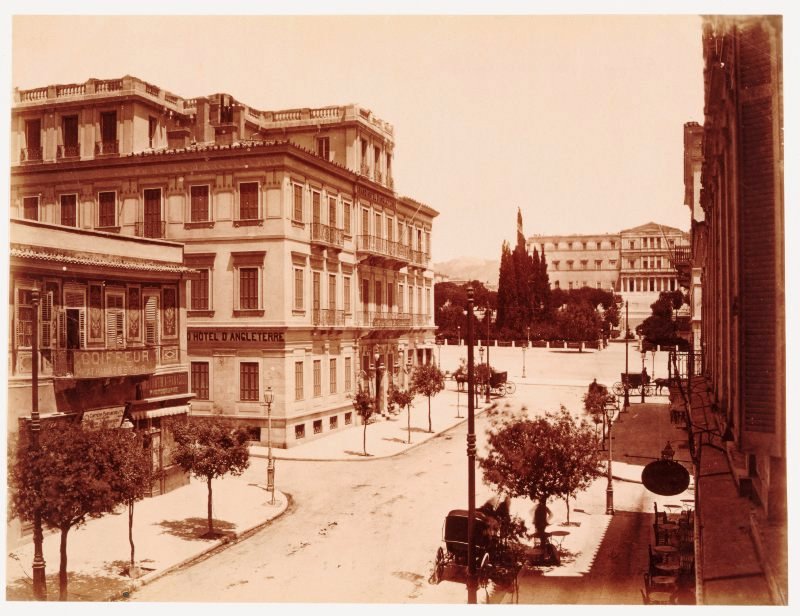
Syntagma, Athens, Greece, 1890
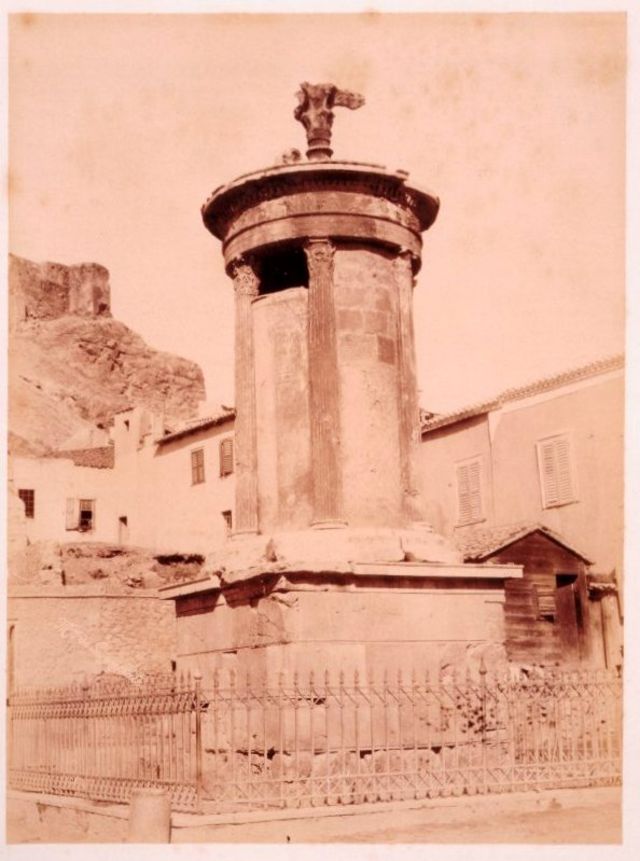
The Choragic Monument of Lysicrates, Athens, Greece, 1890
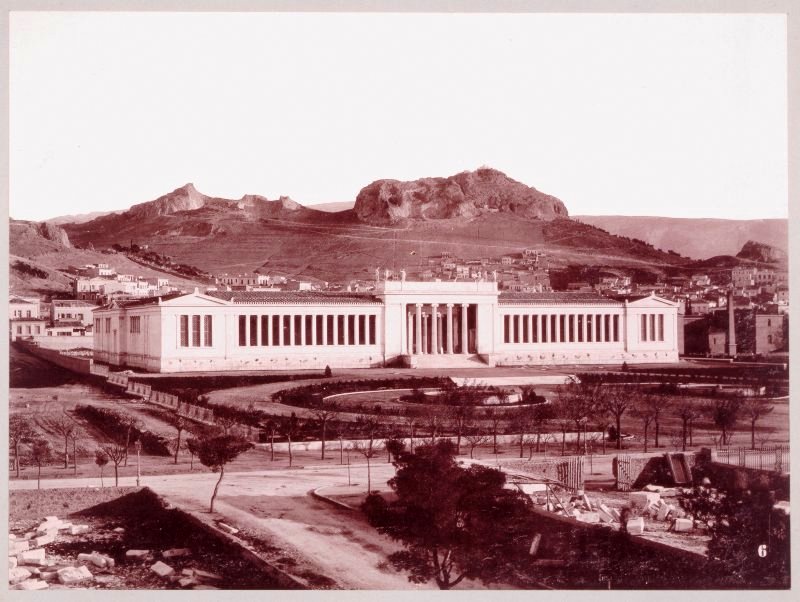
The National Archaeological Museum, Athens, Greece, 1890
.jpg)
Panoramic view of Lycabettus Hill in the background, 1850.
.jpg)
Athens in 1900s.
.jpg)
The Old Palace in Athens, 1900.
.jpg)
Parliament building, Athens, 1900.
.jpg)
The Parthenon, 1900.
.jpg)
Street scene of Athens in 1905
.jpg)
Entrance to the Acropolis, 1905
.jpg)
Acropolis Museum, 1903
.jpg)
Planting of the garden, 1907
.jpg)
.jpg)
.jpg)
(Photo credit: Library of Congress / Pinterest / Wikimedia Commons).
Updated on: May 17, 2023



